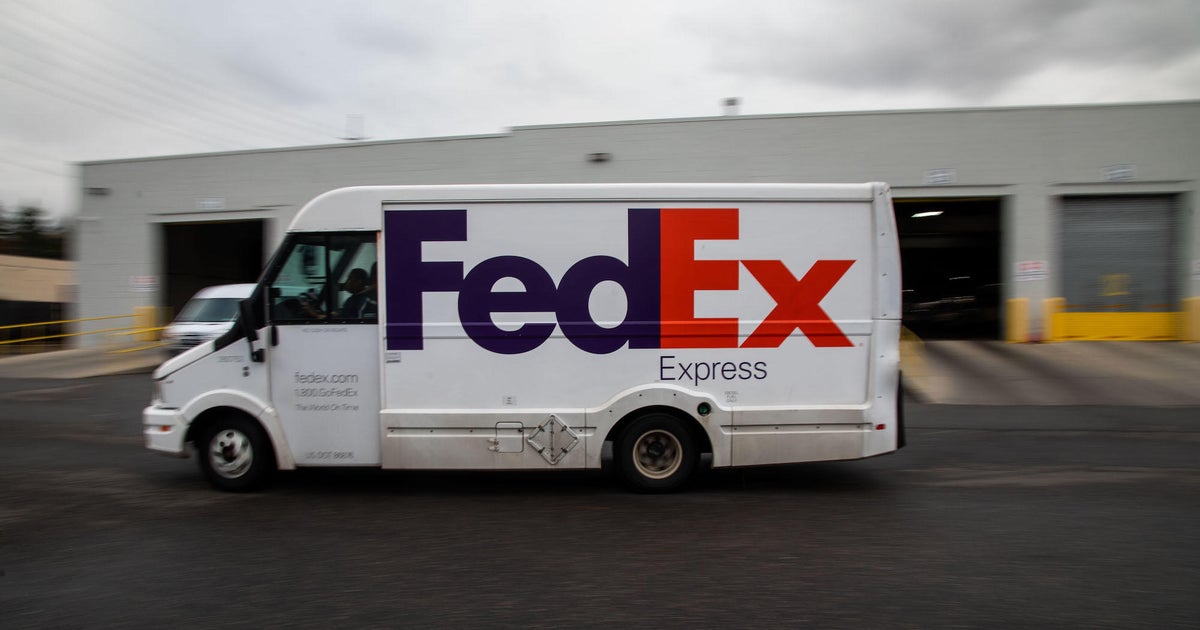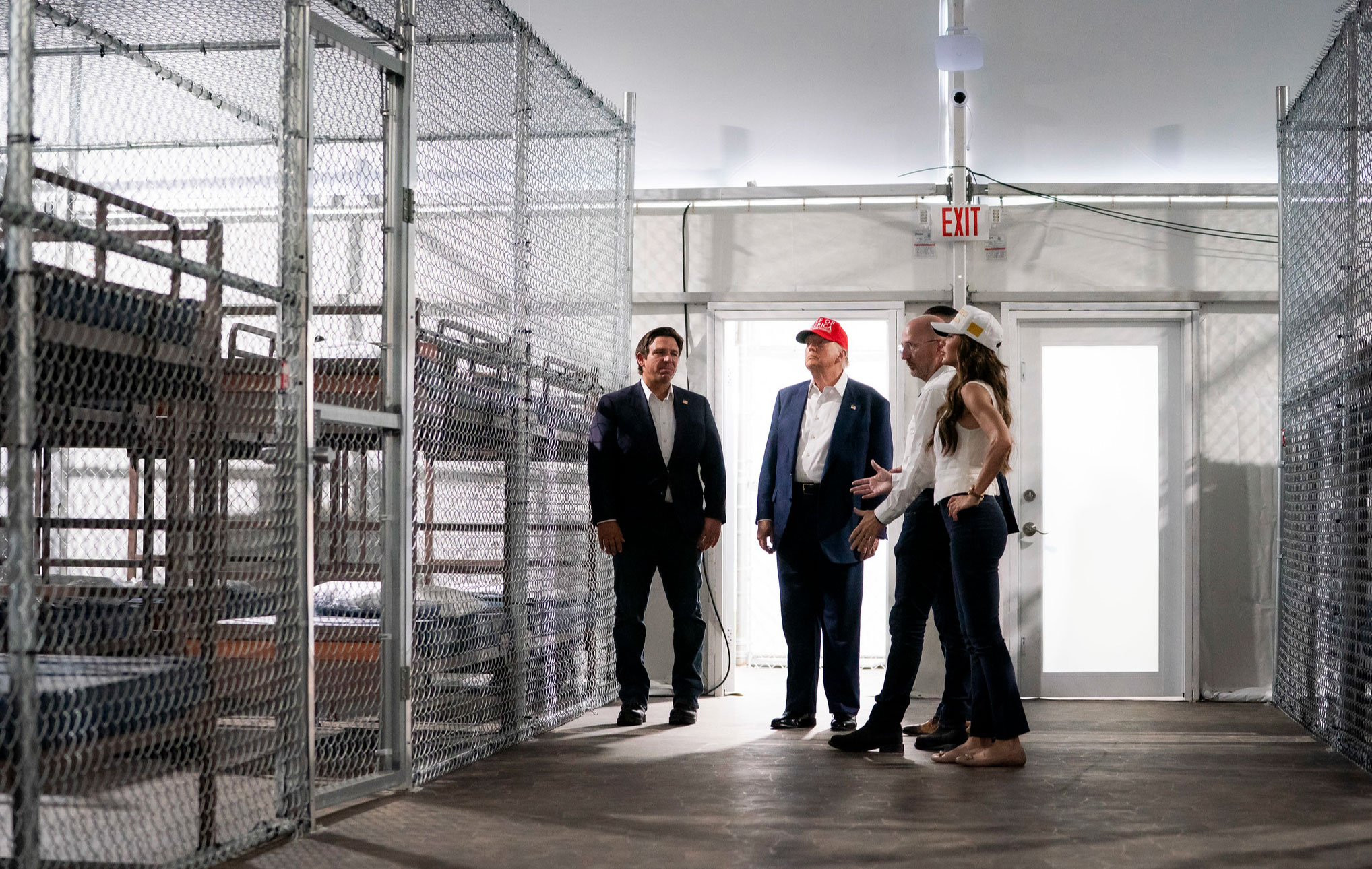Are Kushner family real estate assets a conflict for Jared?
A controversial plan by the family of presidential son-in-law Jared Kushner -- to peddle stakes to Chinese investors in a New Jersey real estate deal, and thus gain U.S. visas -- puts a spotlight on his financial relations with the Kushner family's business empire.
In touting the deal to an audience in Shanghai, a picture of President Donald Trump was shown, and Kushner's sister pointed out that her brother was a high administration official. That raised the issue of the family using its links to the White House as a sales tool, potentially crossing ethical lines.
Could current and future deals pose a conflict for Kushner, a top aide to President Trump? They might. While Kushner has severed relations with the family business, Kushner Cos., and sold assets, he could well reap their bounty once he returns to the business after his White House tenure. And that could raise suspicions that he helped himself and his family through his government influence. He has indicated that he would recuse himself if any conflicts arose.
It remains murky just how much Kushner has rid himself of family-related assets. In a White House briefing on March 31, officials said Kushner had resigned from more than 266 entities and "divested from most of those that may have created a conflict of interest." A report in Politico said his common stock and 35 investments had been sold to a trust overseen by Kushner's mother, Seryl, with other assets going to his brother, Josh, and some more to third parties.
Nevertheless, The New York Times reported on Monday that Jared remains the beneficiary of family trusts worth $600 million to him and his wife, Ivanka, the president's daughter.
What's to stop Kushner later, after he leaves the White House, from becoming a beneficiary again and rejoining Kushner Cos.? Apparently nothing, according to Richard Painter, the White House ethics lawyer under President George W. Bush. Painter, now a professor at the University of Minnesota Law School, said the assets Kushner shipped to the trust "belong to the family," and so he can reclaim them in the future.
Touching off the current contretemps is news that Kushner's sister, Nicole Meyer, on Sunday pitched Chinese investors on making $500,000 investments in a luxury apartment project in Jersey City, New Jersey. That sum is the minimum under the EB-5 visa program that allows foreigners to stay two years in the U.S. and eases the way to obtaining permanent residency.
The family company issued a statement apologizing on behalf of Meyer if "mention of her brother was in any way interpreted as an attempt to lure investors." It also said she "wanted to make clear that her brother had stepped away from the company in January and has nothing to do with this project."
The EB-5 program, which Congress recently extended until September, has come under fire amid charges of fraud and misuse. Its continued existence is partly in the hands of the administration. Kushner has said he'll recuse himself from dealing with the EB-5 plan.
Attempts to reach Kushner's lawyer were unsuccessful. A spokesperson for Kushner Cos. referred CBS MoneyWatch's questions to the White House. The White House would not comment publicly.
Kushner, who resigned as CEO of Kushner Cos. as he headed for Washington, left behind a thriving enterprise. The company website says that it has 20,000 multifamily residential buildings and 13 million square feet of office, industrial and retail space. The Kushner firm, which also has a construction arm, partners with big institutional investors like Invesco and Oaktree Capital, according to the Real Deal, a real estate trade publication.
The family firm owns several prominent properties, such as the Jehovah's Witnesses' former headquarters, the Watchtower buildings, on the Brooklyn waterfront, which it bought for $340 million last year. It wants to turn the complex into a tech hub.
The company has hit some bumps, though. It bought the 41-story 666 Fifth Avenue in 2007 for $1.7 billion, just before the real estate market crashed in the financial crisis. The Kushners were forced to bring in an outside investor, Vornado Realty Trust (VNO), as a partner owning almost half the property.
Kushner Cos. is no stranger to Chinese investors. Last year, it opened a Trump-branded apartment building in Jersey City, using money from Chinese investors in EB-5 transactions. Another deal came apart, however, earlier this year, when the Kushners tried to sell 666 Fifth Avenue to China's Anbang Insurance Group, which owns New York's famed Waldorf Astoria hotel, but talks broke down.
Jared Kushner took over the business in 2005, after his father, Charles, was sentenced to two years in prison. The elder Kushner pleaded guilty to charges of filing false tax returns, making illegal campaign donations and witness tampering. Some 20 years earlier, Charles started the company with the help of assets from the construction company built by his father, Joseph Kushner.
Overall, the family is worth around $1.8 billion, as of last December, by the reckoning of Forbes magazine. That breaks down to $1.1 billion in real estate, $420 million in cash and venture capital investments, $240 million in a health insurer called Oscar and $10 million in the New York Observer website.
Painter, the ethics lawyer, said Jared Kushner would have to recuse himself from participating in a wide range of policymaking inside the Trump administration, including banking regulation and tax reform, because they would affect Kushner real estate interests. "And international trade, too," he said. "That's because of the Chinese investors."



